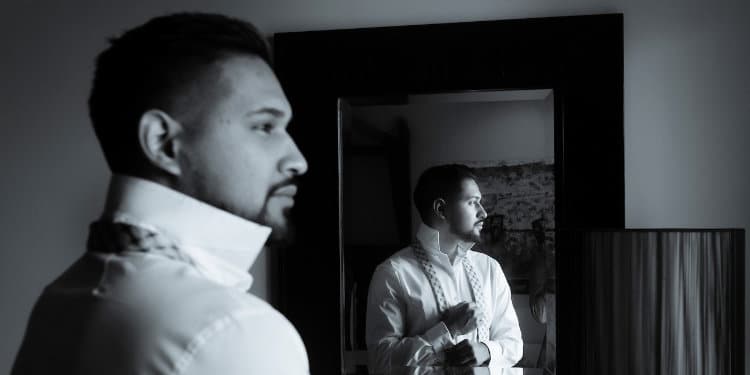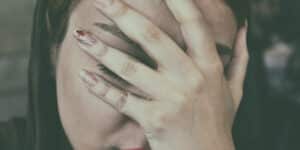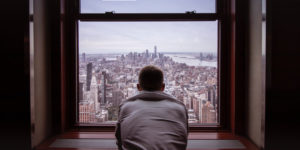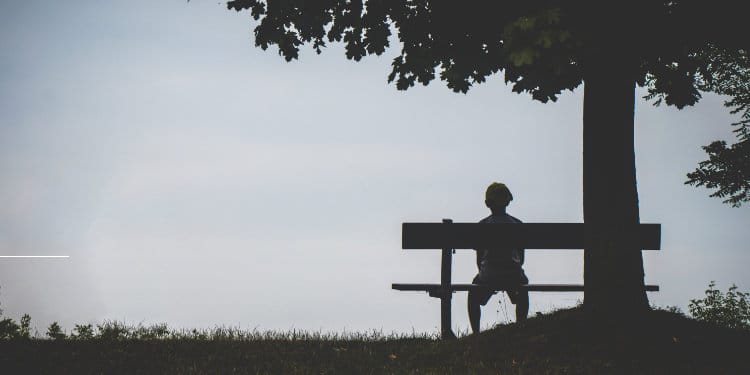











Autophobia refers to the fear of being alone. It is categorized as a specific phobia, a type of anxiety disorder in which people experience irrational fear in response to specific objects or situations. Most people desire to be around others. Even the shyest and most introverted people have moments when they want and need to be around people. That desire is a normal part of being human because human beings are wired to connect with others. This makes the thought of being alone a real fear for many.

Even if individuals are not romantically involved with someone else, they have other friendships or relationships in their lives to fulfill that desire for intimacy and connection ingrained in human nature. While a general fear of being alone is common, for some people, the feelings can be so overwhelming that severe symptoms of anxiety can develop. For those suffering from this condition, known as autophobia, certain aspects of daily life may be disrupted over time.
This condition involves more than just a fear of being alone. Individuals experiencing autophobia have a fear of being in isolation and intense anxiety over what terrible incidents may occur if they are alone. When left alone, or when confronted with a thought or prospect of being alone, people with autophobia may experience any of the following symptoms:
Individuals with autophobia may experience symptoms so severe that they interfere with their ability to live their lives. The good news is there are treatment options to help individuals overcome and manage the fears associated with this phobia.
Phobias are often the result of a traumatic event that took place earlier in life. Each time one is exposed to something that reminds them of that negative experience, they start having symptoms of extreme fear or anxiety. The underlying trauma causing the phobia may be unknown to the sufferer.
Autophobia may also be correlated with other mental health conditions, specifically personality disorders and PTSD.
Exposure therapy is a common treatment option for those experiencing any type of phobia. The idea is to provide individuals with anxiety management techniques. A trigger for the fear is slowly and gradually introduced while anxiety-reducing techniques are implemented. For example, it might start with only thinking of being alone and eventually progress to being in a situation where they are actually alone.
Cognitive behavioral therapy can also be used to help individuals alter the negative thought patterns associated with the phobia. Behavior and cognitive modification often allow people to overcome a phobia to the point where it no longer dominates their life.
Medication can help as well in conjunction with therapy. Certain medications can specifically help with reducing feelings of panic and anxiety, allowing individuals to put the therapeutic techniques into practice.
The fear of being alone is not uncommon. However, some people experience a fear so overwhelming that it inhibits their ability to live the life they want to live. Individuals who feel they might have autophobia should talk to their doctor or a mental health professional. With proper treatment, people can find success in overcoming phobias including autophobia.
Sources